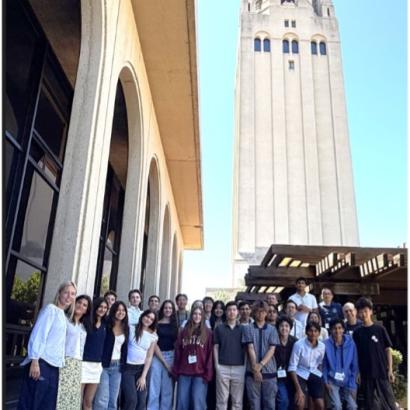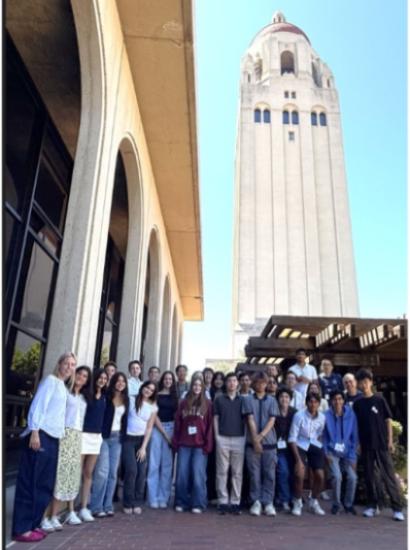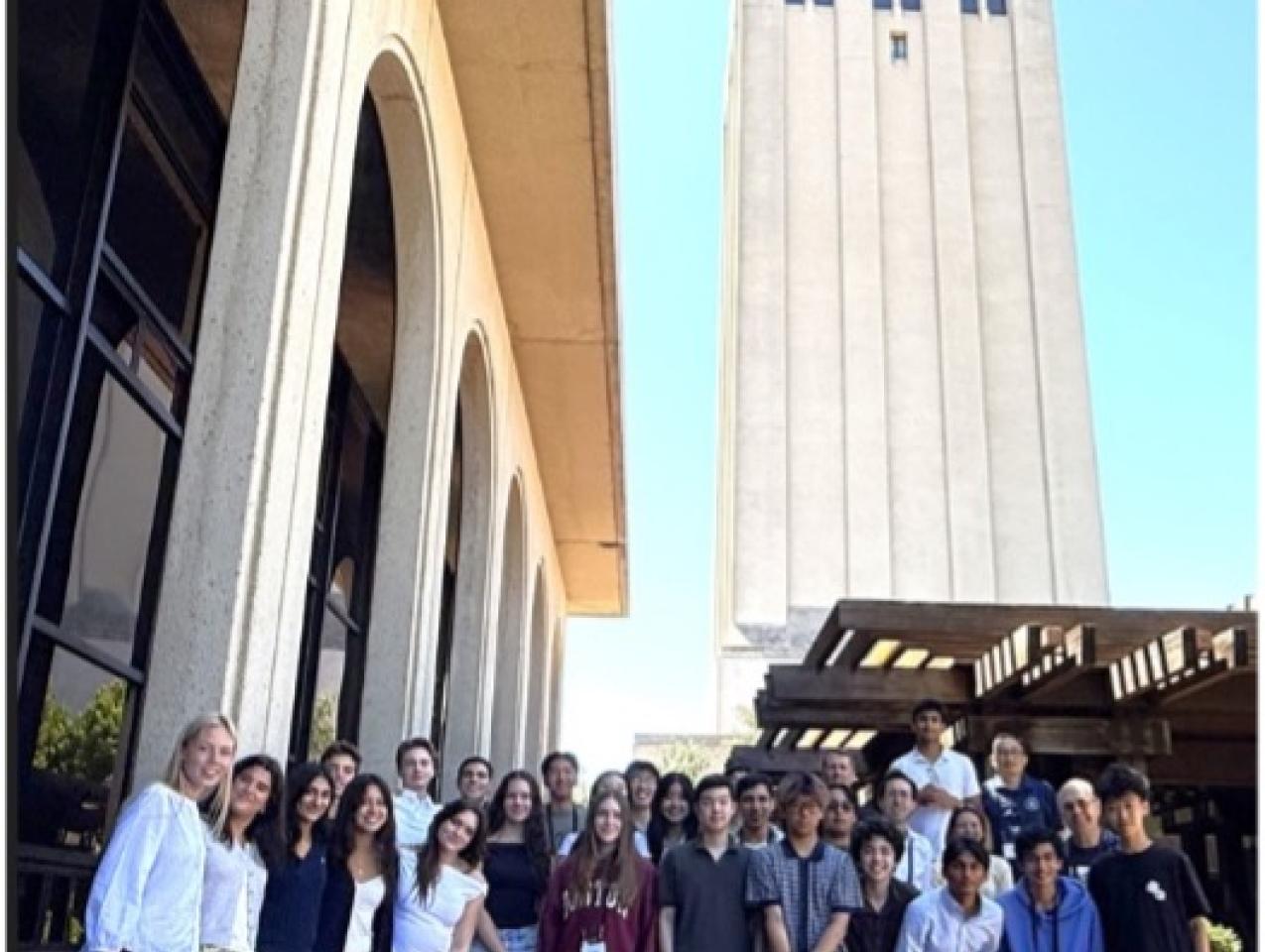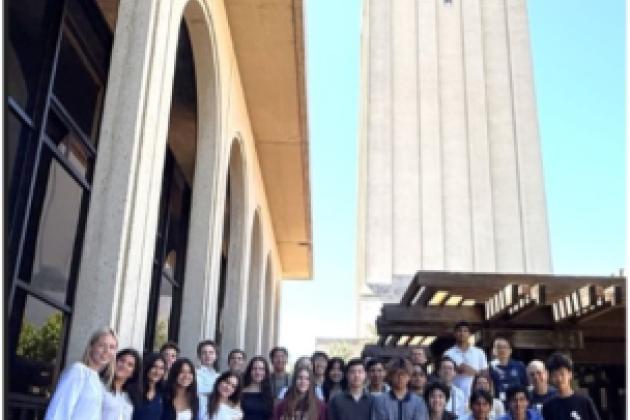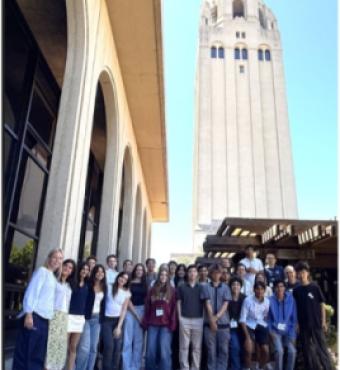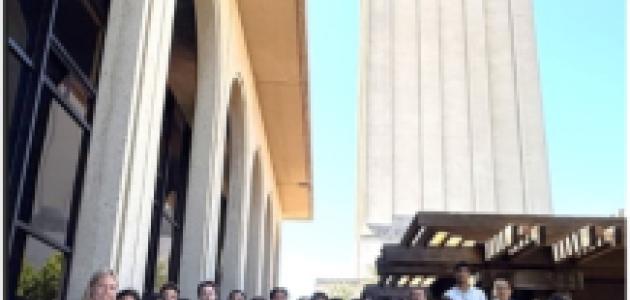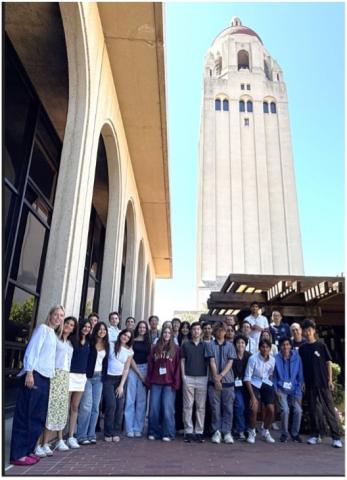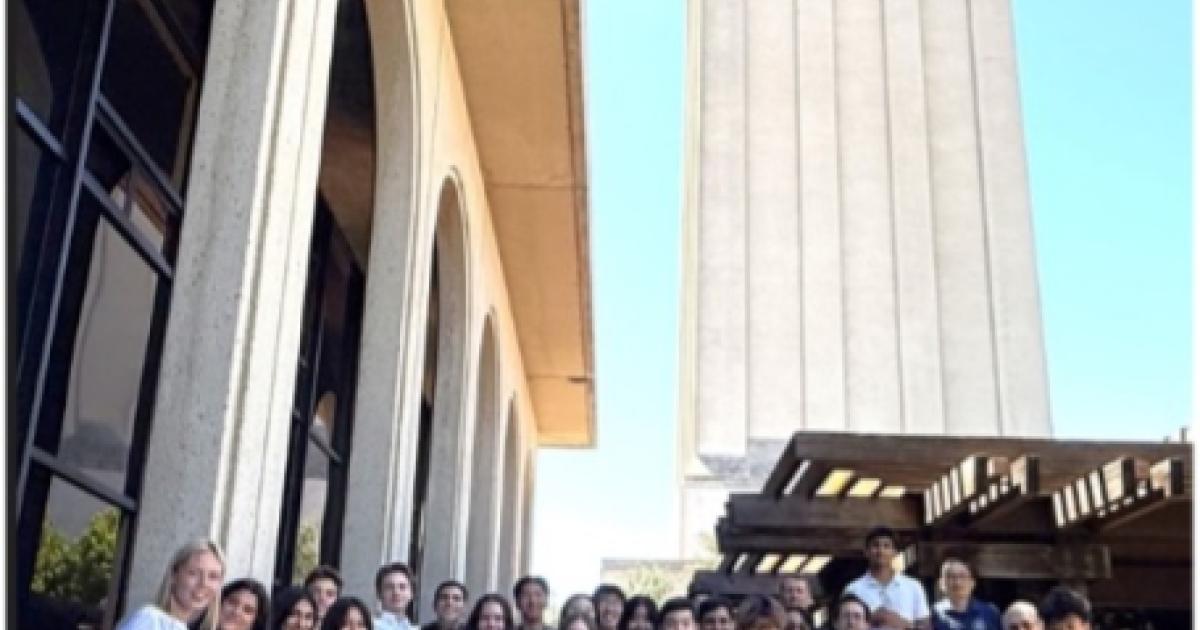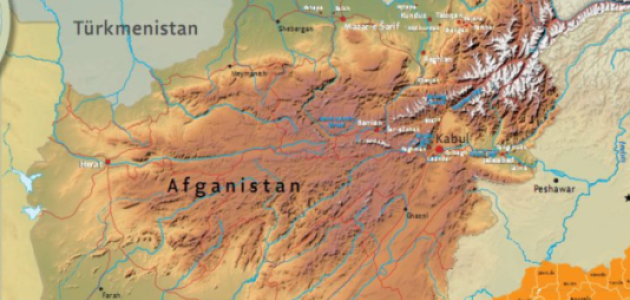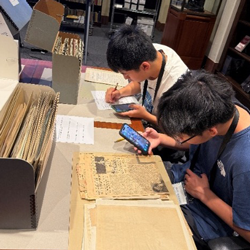

Hoover Institution (Stanford, CA) — In late July 2025, twenty-four high school students selected by application convened at the Hoover Institution for the Hoover History Skills Academy, an accelerated summer session designed to help them learn best practices for designing, researching, and writing a substantive historical research paper. Unique to this “history camp” was the focus on leveraging the extraordinary historical materials in the renowned Hoover Library & Archives.
The Hoover History Lab operated the highly successful Academy in partnership with The Concord Review (TCR), publishers of America’s only journal for exceptional historical research papers often 30 pages or more written by high-school students. TCR, an acclaimed operator of history camps for high-school students, selected outstanding secondary-school teachers for this special session. The Hoover Institution enabled fellows and staff from the Hoover History Lab and the Hoover Library and Archives to afford students a glimpse of what professional historians do and how their work benefits from the insights provided by examining unique primary sources such as those in historical archives and rare book libraries.
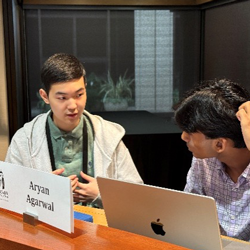
High Interest Worldwide
The Academy students, who were carefully selected from a much larger group of 115 program applications, came from worldwide locations, and included both day-students commuting just a short distance as well as residential boarding students from South Korea, Singapore, Germany, and especially throughout the USA. All applicants were instructed to propose their own research topics and did so.
The selected finalists were then invited to reserve their unique primary sources from the Hoover Library & Archives, which the archivists then called up and held for the students in archival boxes that were ready when the students arrived. Their findings included original letters, historic newspapers, diaries, and artifacts such as war medals.
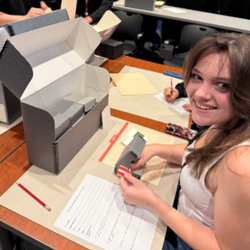
Stepping into the Archival World
Work in archives can be intimidating – where does one start, how does one start? Hoover archivists held two initial group training sessions to familiarize the students with the proper handling of archival materials, after which individual students took daily advantage of open seats when available in the high-demand Reading Room for their research needs, just like PhD students or indeed researchers of any level. Students shared in their anonymous post-event surveys that their visits to the Hoover Library & Archives were a highlight of the experience.
“We were able to access to tremendous amounts of sources for our research,” said one student, “especially for the primary sources.” Another noted, “Now that I know how to do it, it will be easier for me to go [to archives] in the future.”
TCR’s teachers, who had not previously taught in an environment that granted high-school students access to rare archival resources, were similarly thrilled with the result. “This was the dream of what school can be,” said Jesse Berrett, a TCR instructor, “the opportunity to conduct sustained one-on-one conversations with smart, committed students who are burning to run to the archives. Our students not only had expert colleagues to guide them, but they also had a beautiful setting full of talented scholars and librarians eager to point the students to ever more resources.”
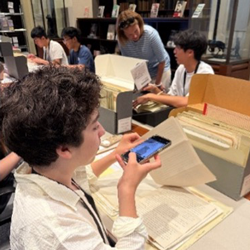
Hoover Scholars, Young Minds Impress Each Other
Students showed what extraordinary work they are capable of. During the academic classes and other sessions in the intensive two-week Academy, they learned how to refine their topics and develop a clear outline for their project, which they will continue to work on over the forthcoming months with the goal of submitting their finished paper for possible publication, depending on its quality, in TCR’s journal as a standout pre-collegiate academic accomplishment.
The Hoover History Lab’s guest speakers included the program’s director, Stephen Kotkin, Kleinheinz Senior Fellow at the Hoover Institution, who engaged students on the topic of what historians “do,” a conversation that the student surveys showed was memorable, down-to-earth, and fascinating. “[Professor Kotkin] seems to really care about the next generation of scholars,” commented one student, “ensuring that we are well equipped for success.”
Students keenly engaged with Eric Wakin, deputy director of the Hoover Institution and the Everett and Jane Hauck Director of Library & Archives, who hosted a lively Q&A session on the importance of archives and its work to preserve the most important materials on war, revolution, and peace. Students said they enjoyed hearing about the history of the Hoover Library & Archives and had gained a better appreciation of the complexity of collecting materials for archives. “
Another popular speaker was Hoover Kleinheinz Fellow Ria Roy, who talked with students about her research experiences with North Koreans to demonstrate the value of oral history. Students commented that her stories of defectors were fascinating and inspired them to study further, “to seek and stop the injustices in the world.”
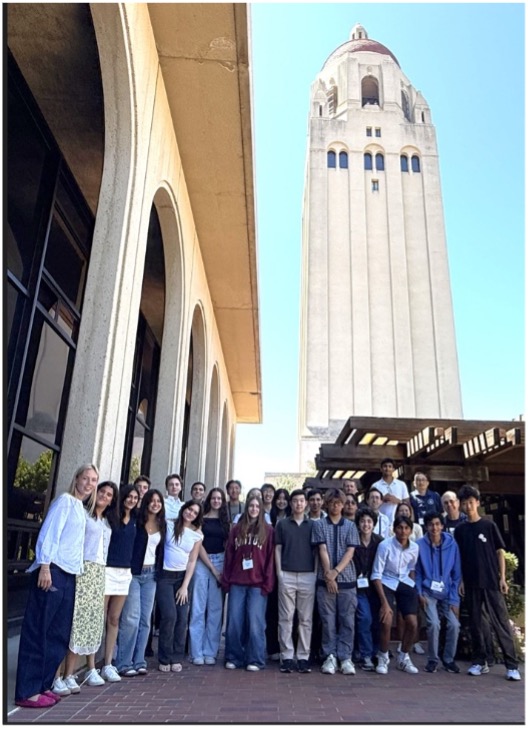
More Ahead for the Academy
Nothing quite compares to in-person, one-on-one instruction as well as Eureka moments of genuine discovery. Instead of echoing tired complaints that students don’t know any history, the Hoover History Lab is determined to provide opportunities to students of all ages to engage in meaningful historical work, in collaboration with the Hoover Library & Archives and other key partners.
Due to the resounding success of the inaugural program, as universally attested to by the students, the Hoover History Lab aims to implement it annually, while also exploring ways to scale up by leveraging digitized original documents. Program details are expected to become available by late October, 2025.
For more information on the Hoover History Lab, visit Hoover History Lab | Hoover Institution
Interested in visiting the Hoover Library & Archives? Plan your individual research visit or class and group visit today.







